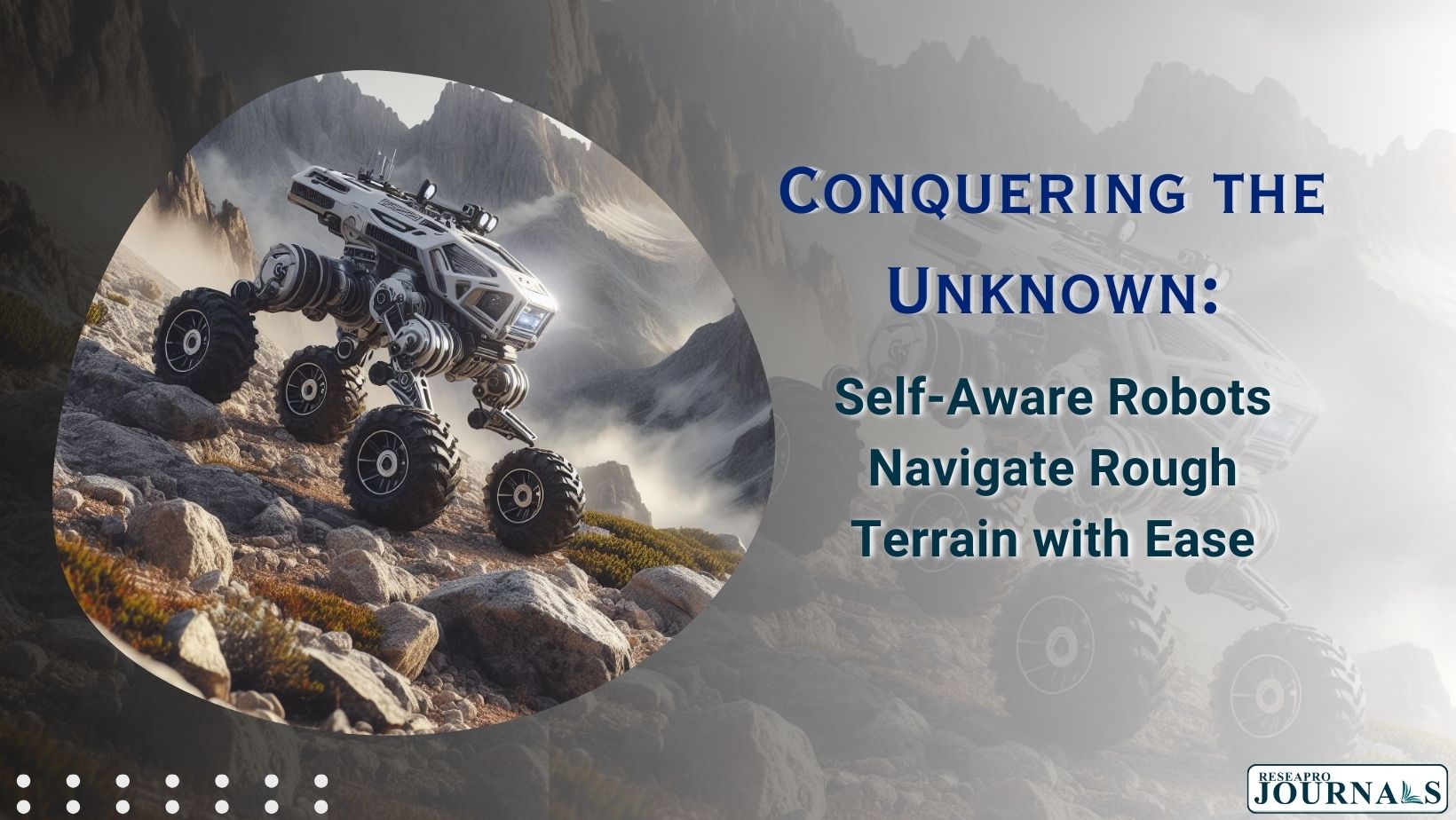|
Getting your Trinity Audio player ready...
|
Imagine robots venturing into disaster zones, navigating debris-strewn streets, or exploring uncharted forests. These aren’t scenes from science fiction anymore – they’re the near future of robotics, thanks to advancements in self-aware terrain adaptation.
Traditionally, robots relied on pre-programmed paths or detailed maps, often failing when faced with the unpredictable nature of real-world environments. But what if robots could think for themselves and adjust their movements in real time?
The research introduces a groundbreaking method called self-reflective terrain-aware adaptation. This innovative approach empowers robots to continuously assess their surroundings, understand their own capabilities, and adjust their movements on the fly. Think of it as a robot constantly asking itself, “What’s the best way to navigate this unexpected rock pile?”
This self-awareness isn’t just a cool trick. It’s crucial for success in real-world scenarios. Extensive experiments with real robots on diverse terrains, from mud to mountains, demonstrate that our method leads to:
- More consistent navigation:Â Forget robots getting stuck in unexpected obstacles. The robots adapt and keep moving, completing their tasks even when the environment throws curveballs.
- Improved performance:Â No need for specific terrain data or pre-programmed paths. The robots learn and adapt, consistently outperforming traditional methods.
- Enhanced robustness:Â Functionality changes, like sensor malfunctions or battery drain, no longer throw the robot off course. The adaptation engine compensates and keeps the robot on track.
This is just the beginning of a new era in robot autonomy. Self-aware robots that can handle the unexpected open up a world of possibilities, from search and rescue missions to autonomous exploration and beyond. The future of robots isn’t about following rigid instructions – it’s about thinking on their feet, and our self-reflective terrain-aware adaptation technology is paving the way for a future where robots can truly conquer the unknown.




